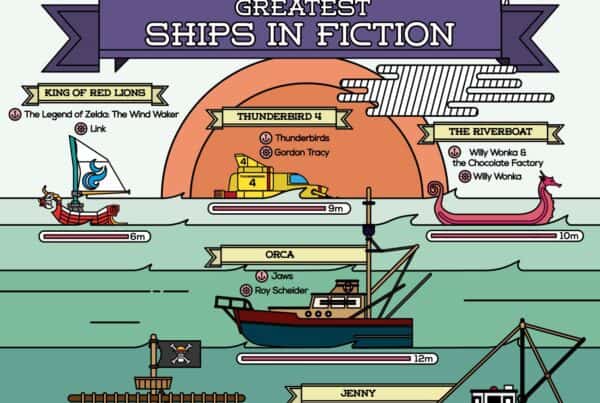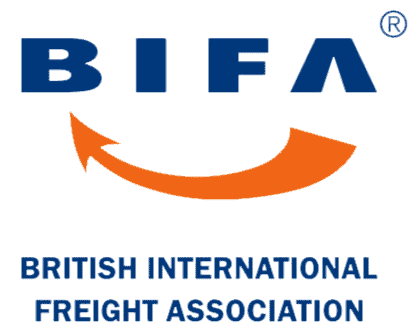For some time, businesses which have enjoyed export markets in the European Union have complained about one thing above all else – uncertainty. It was perhaps always inevitable after the UK decided to leave the EU that there would be a period of change.
What most exporters – and many importers, for that matter – have wanted to know was what changes they’d need to make. Largely because of the last-minute nature of the deal that the UK signed with the EU at the end of its transition period, however, businesses have had to learn fast about how to manage their shipments from the UK into the EU.
Of course, there have been some high profile cases of industries which have found it tough to get their goods into EU ports and the British fishing industry is just one example. In the main, however, such problems have affected businesses that have traditionally carried out their own deliveries to the continent, commonly through the port of Dover in Kent.
What these sorts of enterprises often lack, however, is the skill and experience of a professional freight company. When it comes to all the declarations and paperwork that now needs to be produced to move any commercial goods over the English Channel or the Irish Sea, you really need the expertise of Barrington Freight on your side. Why?
To begin with, dealing with customs declarations is nothing new to us. At Barrington Freight, we are already a global freight solutions provider. This means we have been dealing with shipments to countries where all the sorts of declarations now needed for the EU have already been demanded.
There is little new here to deal with in the post-Brexit world other than the upscaling of our processes to handle the many deliveries that are made every day to the continent.
Get In Touch For More Information
Call: 01268 525444
We still offer the same express freight deliveries to the European Union that we always did. For example, door-to-door services with dedicated vans and curtainsiders are conducted every day of the week throughout the EU with no reloading, the same drivers and the same tracking systems in place. At a practical level, all that has altered is the need to ensure that customs paperwork is in good order at the border.
Alongside the customs declaration that will need to accompany your shipment, you will also need to provide a commercial invoice for your client. If not, then your customer may have to handle any potential tax or tariff that may be due on the items being sent. This can cause delays but producing a commercial invoice is not hard and most businesses will already do this as a matter of routine.
However, the most important part of a commercial invoice to note is the VAT that has been paid or will be due. When shipping from the UK to Europe, VAT rules will be looked at very closely. For small enterprises with a low turnover, VAT-exemption may be allowed but if your total sales approaches the threshold of £85,000 in 2021/22, then VAT registration should be sought.
If your goods are entirely made within the UK, then proof of this will also be beneficial under the rules of origin. What you need to demonstrate to a customs official in the EU is that your goods have not simply been shipped in from China, or elsewhere, and are now entering the EU by the back door without the proper import duties having been applied. If not, delays and financial penalties are likely to occur.






